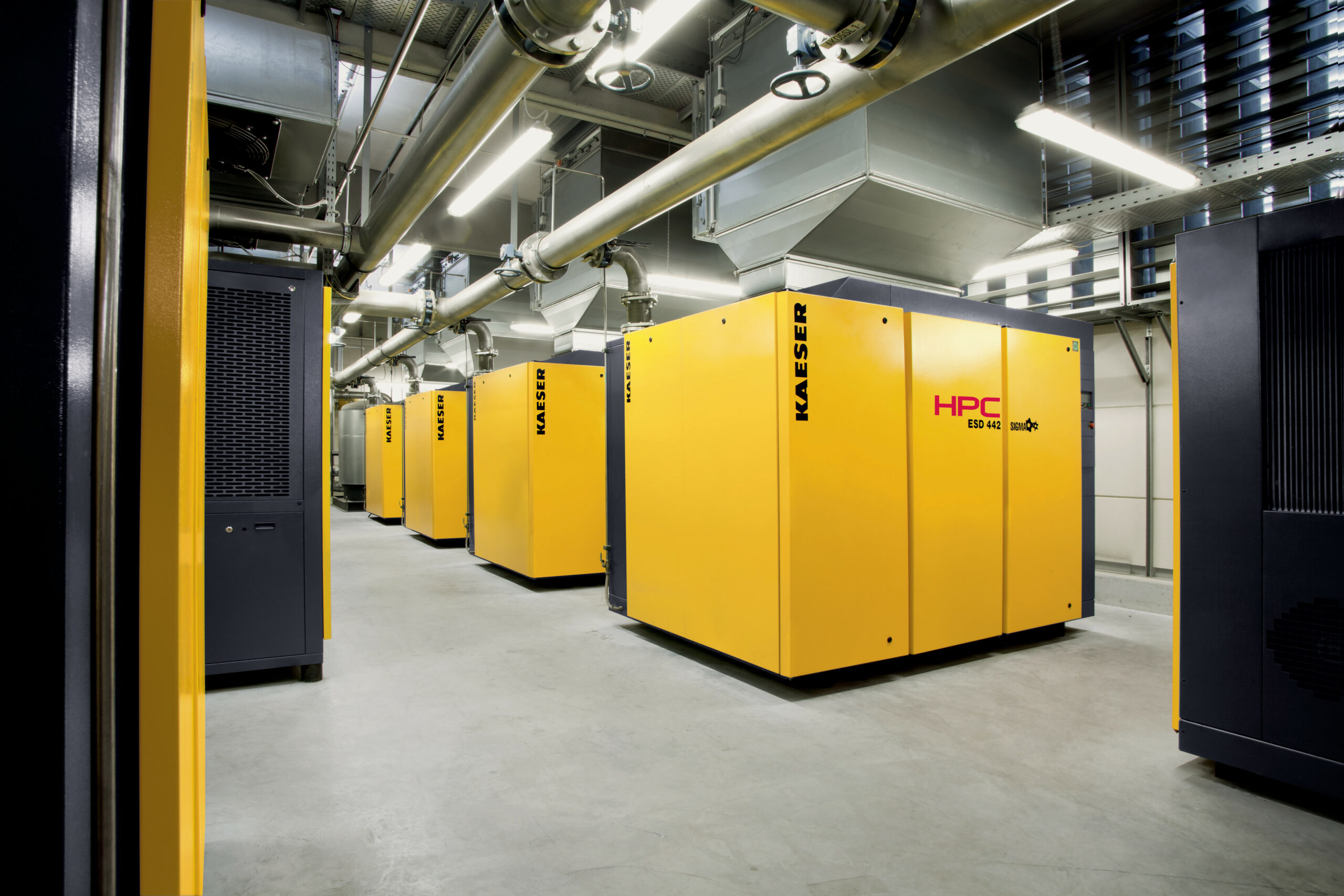REPAIRS
24/7 Emergency Air Compressor Repairs In Kent & London
AMS offer 24-7 air compressor repairs to get your systems up and running quickly and efficiently
At AMS, we are fully equipped to handle emergency breakdowns and repairs for air compressors. We recognize the crucial role of compressed air in production, which is why we provide 24/7 emergency compressor repair services. Don’t hesitate to reach out to us if your system fails.
Our team of experts is well-versed in all types, makes, and brands of compressors. They are highly qualified and dependable, always ready to assist you with any compressor-related issues. Rest assured that we are here to ensure your systems keep running smoothly, alleviating any concerns about costly downtime.

Common Air Compressor Repairs
Air compressor issues could result from one of the following problems as listed below. In some cases, the compressor might stop running as prompted or even fail to start. No matter the problem, the symptoms can be time-consuming, costly, and can cause a lot of frustration.
Compressor not building up pressure
Sometimes, a compressor can appear to be operating normally, but in actuality, there is an issue with the compressor pressure. This can occur when there is a buildup of air in the compressor or when there is a lack of air altogether. Another possibility is that the pressure reaches a certain point and then fails to increase further. The potential causes for this problem include:
– Failure of the intake valve
– Failure of the pressure valve
– Failure of the gasket
– Failure of the piston seal
– A compromised tank check valve
By inspecting these components and replacing any that are worn or damaged, it is often possible to resolve this issue.
Loud noises from your air compressor
Unusual vibrations or loud noises emanating from the air compressor can serve as warning signs of trouble. These indicate an internal malfunction, although it does not necessarily mean extensive repairs are needed. Often, making small adjustments can help prevent more serious issues.
The causes of these noises and vibrations may include:
1. Loose parts – Tighten or adjust bolts, belts, or pulleys that are loose or misaligned.
2. Faulty crankcase – Examine the crankcase for defects or insufficient oil levels. Determine if it requires new bearings, additional oil, or complete replacement.
3. Problematic pistons – Noisy operation can result from pistons striking the valve plate. Adjust them as necessary.
4. Improper mounting – If the compressor is not securely held in place, it can create noisy movements during use. Re-fasten the bolts or consider installing vibration pads if needed.
Air compressor overheating or running hot
If a compressor expels excessively hot air, it has the potential to cause damage to objects or surfaces it comes into contact with, as well as pose a risk to its internal components.
Several factors can contribute to extreme air heat, including:
– Accumulation of dirt within the compressor.
– Placement of the compressor in a hot or inadequately ventilated area.
– Wear and tear on the head gasket and valves.
– Limited air intake for the compressor.
Depending on the underlying cause, it may be necessary to replace certain parts or consider relocating the compressor to resolve this issue.
Compressor not starting
Frequently, this issue arises from neglecting power connections, such as a loose power cord or a deactivated power switch. Prior to starting, it is advisable to verify the status of the power button and switch. If needed, inspect the breakers as well.
Apart from insufficient electrical power, air compressors can also malfunction if they do not have an adequate air pressure relative to the cut-in pressure. In such cases, it is crucial to examine the cut-in pressure settings and make appropriate adjustments.
Additionally, the problem might arise due to a lack of oil. It is essential to regularly check and, if necessary, replace the compressor fluids to prevent the tank from running dry.
Air leaks
If you turn off the air compressor after the tank has reached its full capacity and notice that the pressure gauge shows a decrease in pressure, it is likely that there is an air leak. The good news is that sealing leaks is a relatively simple task. To identify the source of the leak, listen for a hissing sound or run your fingers over the components to feel for air escaping.
If you are unable to locate the leak using these methods, you can apply liquid soap to the connections, including the couplers and power switch. The soap will create bubbles at the site of the leak, indicating its location. Tighten the coupler at the point where bubbles appear to seal it.
In addition, it is worth inspecting the tank check valve. Air leaks often occur when the valve fails to close completely. If the pressure gauge continues to drop even when the tank is turned off, examine the condition of the valve and clean or replace it as needed.
Flow and pressure problems
Pressure and flow are some of the most common issues associated with air compressors; this manifests itself with the following symptoms.
- Oily air releases with short bursts
- No air comes from the hose
- The intake filter media element becomes obstructed












